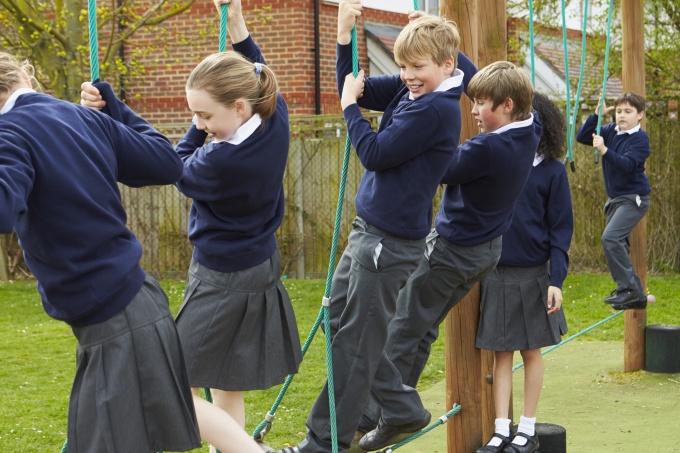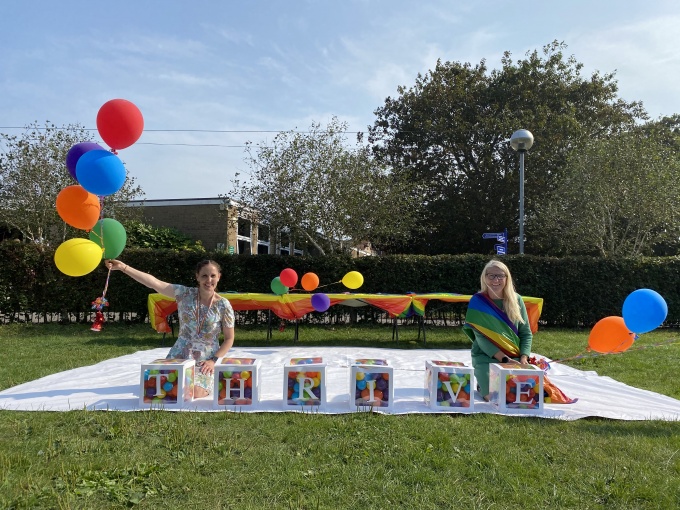The impact Thrive has on children and young people and the communities around them has been evidenced in a number of studies. These include:
- Thrive helps to develop resilience in young people (Hart and Heaver 2015)
- Staff using the Thrive Approach feel more equipped to manage behaviour and better able to support more vulnerable children (Office for Public Management 2013)
- Thrive closes the gap for vulnerable children across a range of measures including attainment, behaviour, relationships, self-confidence and attendance (McGuire-Snieckus et al 2015).
Supplementary evaluations were carried out in 2018 and 2019 that further support these findings.
The knock-on effect of this can be better parent-school relationships and improved staff morale.
The impact of Thrive has been picked up by Ofsted and Estyn during school inspections. Inspectors have commented on the use of Thrive to help manage behaviour more effectively, in particular when used for early intervention, helping students to become more open to learning.
The Department for Education is focused on supporting schools to build whole school environments and develop approaches within which all students can achieve their full potential.
A 2018 review of published policies and information - Mental health and wellbeing provision in schools - was commissioned in response to the Green Paper 'Transforming children and young people's mental health provision'. This review included Thrive as an initiative that supports and promotes positive mental health. (DfE 2018).
In addition to building a bank of case studies showing the impact of the Thrive Approach, Thrive is committed to a programme of ongoing research. One study by Thrive looked at the potential social return on investment (SROI). This research indicated that for every £1 spent, the short-term return was £9, rising to £16-22 over the longer term. (Courtney 2013).
- To read more about the social return on investment (SROI) of Thrive, please click here [link to SROI Impact report]
- To read about the context behind the Theory of Change for Thrive, please click here [link to ToC impact report]
Over to you
Reduced anxiety and behavioural incidents. Calmer classrooms filled with engaged leaners. Improved relationships with parents and carers. These are just some of the outcomes reported by settings embedding Thrive’s whole-school approach to mental health and wellbeing. Are you ready to join them? Click here to get started.
Pass it on
Small actions can lead to a big ripple effect. If you enjoyed this post or found it helpful, please consider supporting us in our mission to help every child and young person feel safe, supported and ready to learn by sharing it using the social media buttons below.
Want to join a like-minded community of senior leaders and classroom staff benefitting from insights and strategies to improve attendance, behaviour and attainment? Add your email address below. (It’s easy to unsubscribe).

_680.jpg)

(7)_680.jpg)
_680.jpg)
